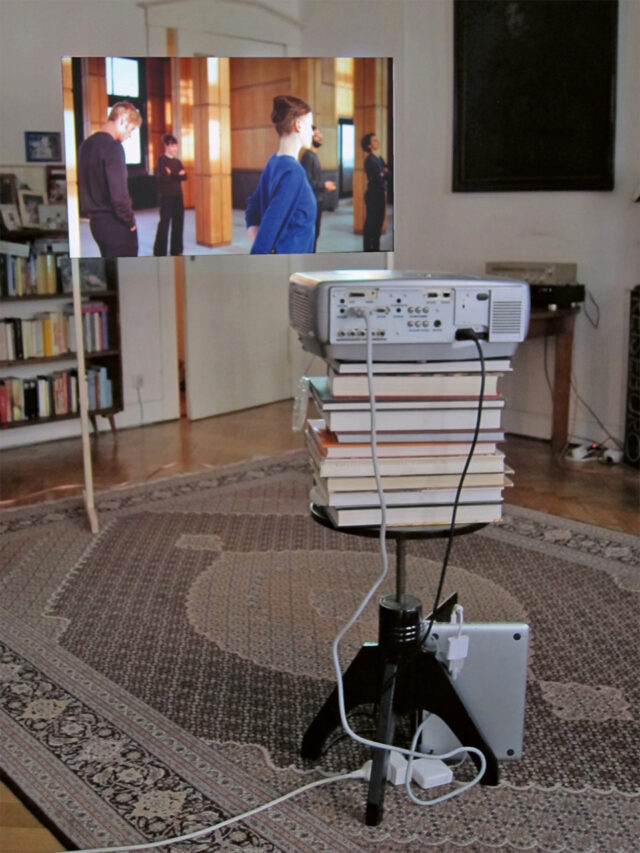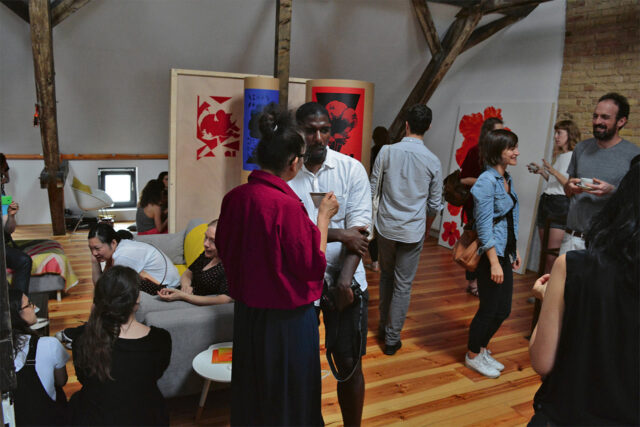
Paul Hendrikse, Looking while listening, 29.03.2016, Foto: Ayala Gazit

Alon Levin, Preparations for a Dictator, 18.08.2016, Foto: Ayala Gazit

Paul Hendrikse, Looking while listening, 29.03.2016, Foto: Ayala Gazit

Alon Levin, Preparations for a Dictator, 18.08.2016, Foto: Ayala Gazit